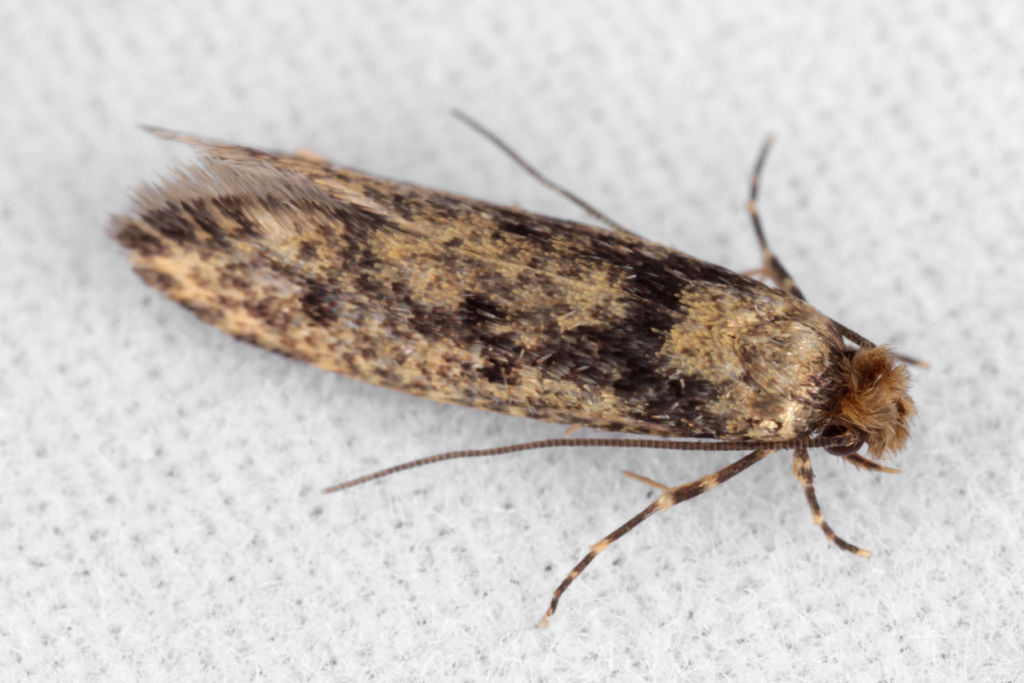Couple wins High Court case over moth infestation of $70m London home
A couple who sued a high-end property developer for AU$70 million over a moth infestation at their home in London’s swanky Notting Hill will be paid back most of the money they outlaid for the home as well as damages.
Dr Yevhen Hunyak, a paediatric dentist, and his wife, Iya Patarkatsishvili, took their case against William Woodward-Fisher to London’s High Court following their 2019 purchase of Horbury Villa for AU$63 million.
They wanted Woodward-Fisher to buy back the home and reimburse them for stamp duty and other costs related to damage caused by the moths, remediation works to rid the home of the insects and inconvenience.

Now, a High Court judge has ruled they can hand back the mansion and recoup most of their money after the judge agreed the developer made “fraudulent misrepresentations” about the month problem during pre-contract inquiries.
The couple originally bought the home in 2019 for £32.5 million and claimed in court problems began almost straight away.
Patarkatsishvili, a theatre director and daughter of late Georgian billionaire Badri Patarkatsishvili, first noticed a moth flying around the property soon after they moved in.
Their barrister John McGhee claimed they were soon dealing with at least 100 insects a day.
“This was far more extreme than an ordinary domestic experience of moths,” he said.
“Moths were flying around at night whenever someone was using a screen, clothes had to be packed in hermetic bags, carpets and furniture were damaged, numerous items of clothing were eaten, moths got in wine and food and on cutlery and toothbrushes.”

The cause of the problem was allegedly traced to woollen insulation used in the walls of the home.
McGhee claimed the “presence and cause of the infestation was well known” to Woodward-Fisher, who was an “experienced property developer” and had extensively redeveloped the property before living in the home.
He further claimed that the woollen insulation he and his wife installed in the home “was a food source for moth larvae and became infested with them, and by 2018 they were suffering serious problems with moths, which required frequent treatments.”
The couple claimed Woodward-Fisher was guilty of “fraudulent misrepresentation” and negligence in failing to disclose previous moth problems at the home where he once lived.
At the root of the case was the assertion that Woodward-Fisher knew about the problem but didn’t disclose it.
His King’s Counsel said his client told his solicitor they had experienced problems with moths but as they were not vermin they didn’t need to be disclosed.
Woodward-Fisher insists he was honest on pre-sale forms, and as far as he knew, the previous moth problems had been eliminated by the time the couple moved in. He also says their claim for costs was exaggerated.
However, Justice Fancourt ruled the couple should be repaid some of the £32.5 million they paid for the property, less an amount for the period they lived there.
They were also awarded “substantial damages,” including reimbursement of stamp duty, extermination expenses and $AU30,000 for clothes that were ruined by moths.
We recommend
We thought you might like
States
Capital Cities
Capital Cities - Rentals
Popular Areas
Allhomes
More










